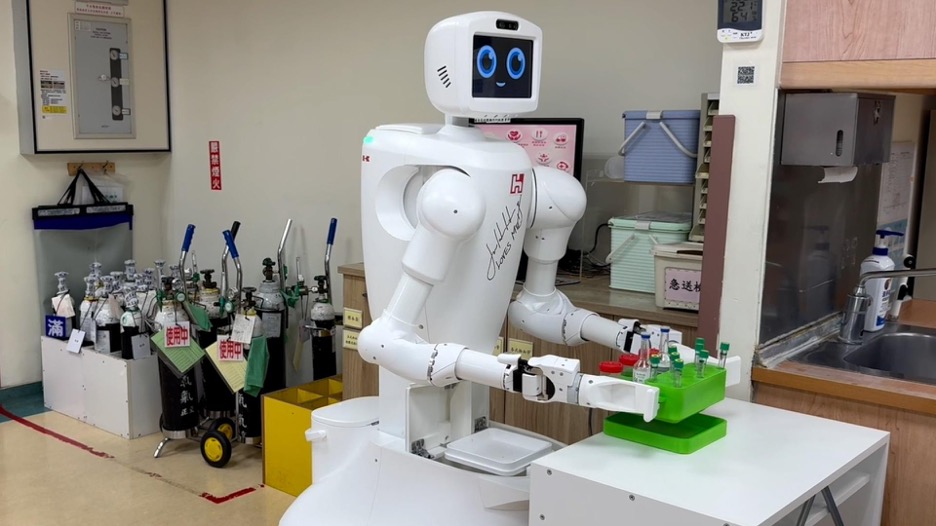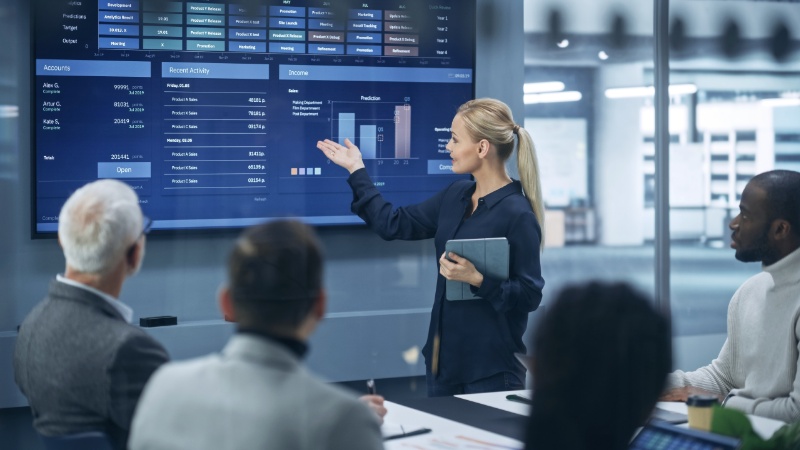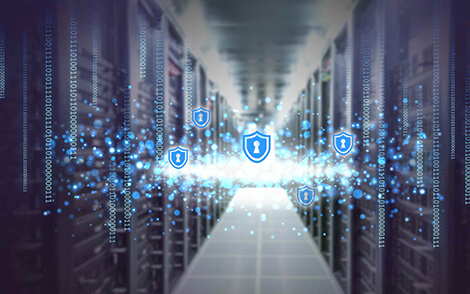Concepts and Principles of Cloud Computing
Categories: Industry News
cloud computingConcepts and principles
cloud computing(cloud computingThe most basic concept of distributed computing technology, a type of distributed computing technology, is the use of a distributed computing system throughreticulationAutomatically splits the huge computational processing program into countless smaller sub-programs, which are then handed over to the multi-unitserver (computer)The huge system composed of searching, calculating and analyzing the results of processing back to the user. Through this technology, network service providers can process tens or even hundreds of millions of pieces of information within seconds, achieving the same powerful performance as a "supercomputer" network service.
simplestCloud Computing TechnologyIt is already found everywhere in web services, such as search engines and web mailboxes, where users can get a lot of information by entering simple commands.
In the future, mobile devices such as cell phones and GPS can develop more application services through cloud computing technology.
Further cloud computing is not only for data search and analysis, but also for analyzing the structure of DNA, sequencing gene maps, and parsing cancer cells in the future, all of which can be easily achieved through this technology.
Slightly earlier massively distributed computing technology was the origin of the concept of "cloud computing".
Cloud Computing Fundamentals
The basic principle of cloud computing is that by enabling computation to be distributed across a large number of distributed computing machines, rather than local computers or remote servers, organizationsdata centerof operation will be more similar to the Internet. This allows organizations to switch resources to needed applications, accessing computers on demand andstockpileSystem.
This is a revolutionary move, which, by way of analogy, is like moving from the old single-generator model to the centralized power plant model. It means that computing power can also be distributed as a commodity, just like gas, water and electricity, easily accessible and inexpensive. The big difference is that it is delivered over the Internet.
The blueprint for cloud computing is already in place: in the future, it will only take onenotebooksOr a cell phone, can be through the network services to achieve everything we need, even including supercomputing such tasks. From this perspective, the end user is the true owner of cloud computing.
The application of cloud computing encompasses the idea of joining forces and giving them to every member of it.
cloud computing era
At present, PC is still the core tool in our daily working life - we use PC to process documents, store information, and share information with others via email or USB flash drive. If the hard disk of a PC breaks down, we will be at our wits' end due to data loss.
In the era of "cloud computing", the "cloud" will do the storage and calculation work for us. The "cloud" is a cluster of computers, each of which includes hundreds of thousands or even millions of computers. The advantage of a "cloud" is that the computers in it can be updated at any time, ensuring the longevity of the "cloud" Google has several such "clouds", and other IT giants such as Microsoft, Yahoo! Google has several such clouds, and other IT giants such as Microsoft, Yahoo, and Amazon also have or are in the process of building such clouds.
At that time, all we need is an Internet-enabledlaptopsWe don't need to be concerned about which "cloud" the storage or computation takes place on, but we can quickly compute and find the information when we need it, anywhere, on any device, such as computers, cell phones, and so on. We no longer have to worry about losing data.
At the press conference on March 17, Schmidt made a graphic analogy. He said, "cloud computing" is like the bank's automatic teller machine (ATM), we no longer need to go out with a large amount of cash, can be used at any time as needed.
Google's engineer Xuemei Gu, on the other hand, believes that thePCThe era is like everyone wants to use electricity, have to buy their own generator; and "cloud computing" era, everyone does not have to have a generator, directly from the large-scale power plant to buy electricity is good.
"Cloud computing" is not a new concept. According to Xuemei Gu, before "cloud computing", there was "grid computing" (Grid Computing) and so on, the idea is about how computers work together. More than a decade ago, when she was still in graduate school, she knew these concepts, but the problem is that these concepts have never been well realized.
After Gu Xuemei joined Google, she found that this type of concept has been put into practice. Google's technology, which allows hundreds of thousands of computers to play a role together, forming a powerful data center. Google China CEO Li Kaifu previously accepted the "Caijing" reporter said in an exclusive interview, Google's real competitiveness lies in the availability of these "cloud". Google's real competitiveness lies in the existence of these "clouds", which give Google an unparalleled ability to store and calculate global data.
Google in the beginning of the founding, and did not deliberately pursue the "cloud computing" and "grid computing" and other concepts. But as a search engine, Google objectively needs to have these "clouds". In fact, Yahoo's search also uses "cloud computing".
Cloud computing is an emerging approach to shared infrastructure that allows huge pools of systems to be linked together to deliver a variety of IT services. A number of factors are driving the need for such environments, including connected devices, real-time data streaming, SOA adoption, and the dramatic growth of such Web 2.0 applications as search, open collaboration, social networking, and mobile commerce. In addition, the increased performance of digital components has dramatically increased the size of IT environments, further reinforcing the need for a unified cloud to manage them.















